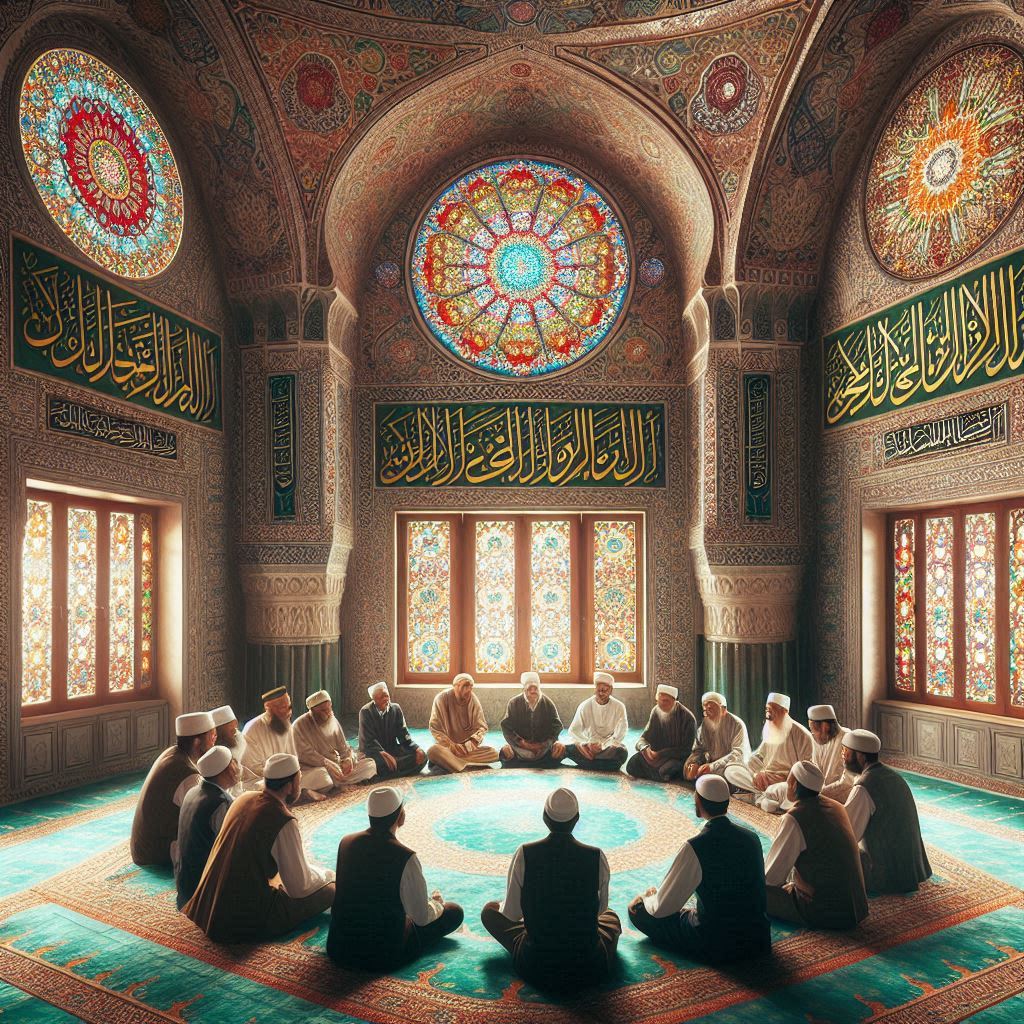For centuries, since the arrival of Islam in the Nusantara, Indonesia has seen the establishment of hundreds of thousands of mosques across the country. According to the official website of the Ministry of Religious Affairs (Kemenag) as of March 7, 2024, Indonesia boasts 511,899 mosques and prayer rooms: 242,823 mosques and 269,076 prayer rooms.
This recorded number is impressive, and there are likely many more mosques and prayer rooms that are not documented. This is a source of pride for Muslims in Indonesia. However, it raises a critical question: to what extent do these numerous mosques contribute to the progress and civilization in Indonesia?

Various sources, such as detik.com and disway.id, indicate that Indonesia ranks first globally in the number of mosques and prayer rooms, followed by India, Bangladesh, and Pakistan.
Interestingly, the countries with the highest number of mosques are still classified as developing nations, not advanced ones. Why is this the case? Does the abundance of mosques not influence progress? This issue calls for self-reflection among Muslims, especially in Indonesia, indicating a potential underlying problem.
Historically, mosques have been crucial institutions for Muslims. During the Prophet Muhammad’s time, the mosque was the heart of Muslim life. Beyond worship, the Prophet often discussed war strategies and political plans with his companions in the mosque. It also served as a school, a social activity center, and even a place for medical treatment.
The importance of mosques is highlighted in a hadith where a blind man requests permission to pray at home, but the Prophet still instructs him to go to the mosque:
عَنْ أَبِي هُرَيْرَةَ قَالَ أَتَى النَّبِيَّ صَلَّى اللَّهُ عَلَيْهِ وَسَلَّمَ رَجُلٌ أَعْمَى فَقَالَ يَا رَسُولَ اللَّهِ إِنَّهُ لَيْسَ لِي قَائِدٌ يَقُودُنِي إِلَى الْمَسْجِدِ فَسَأَلَ رَسُولَ اللَّهِ صَلَّى اللَّهُ عَلَيْهِ وَسَلَّمَ أَنْ يُرَخِّصَ لَهُ فَيُصَلِّيَ فِي بَيْتِهِ فَرَخَّصَ لَهُ فَلَمَّا وَلَّى دَعَاهُ فَقَالَ هَلْ تَسْمَعُ النِّدَاءَ بِالصَّلَاةِ قَالَ نَعَمْ قَالَ فَأَجِبْ
**“Narrated by Abu Hurairah: A blind man came to the Prophet and said, ‘O Messenger of Allah, I have no one to guide me to the mosque.’ He then asked the Prophet for permission to pray at home. When the man turned away, the Prophet called him back and asked, ‘Do you hear the call to prayer?’ The man replied, ‘Yes.’ The Prophet then said, ‘Respond to it (by attending the congregational prayer).’”** (HR. Muslim no. 1044).










